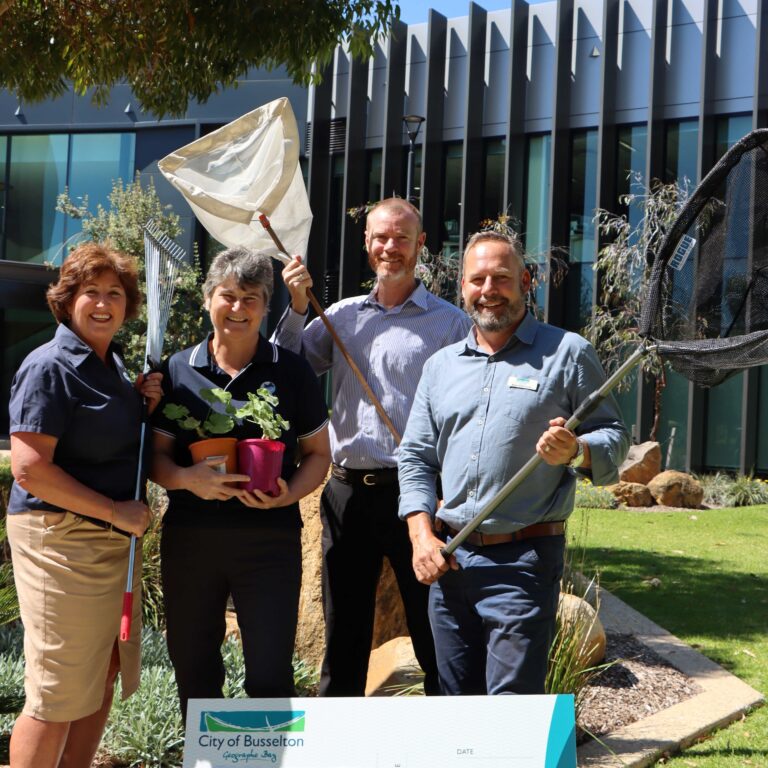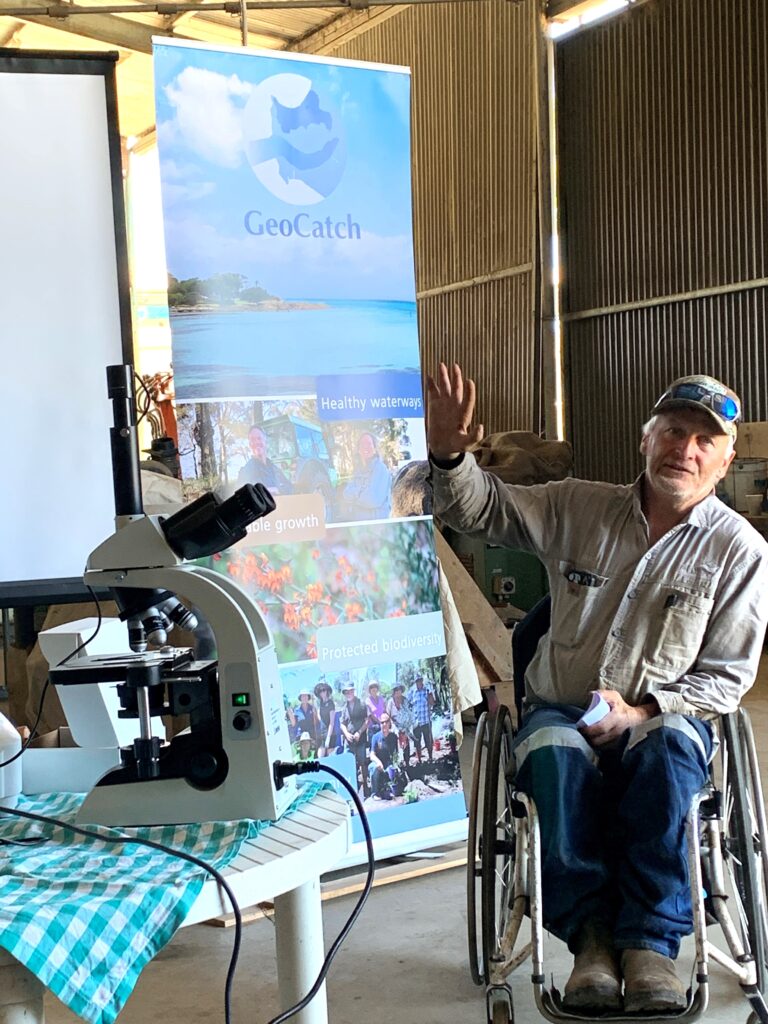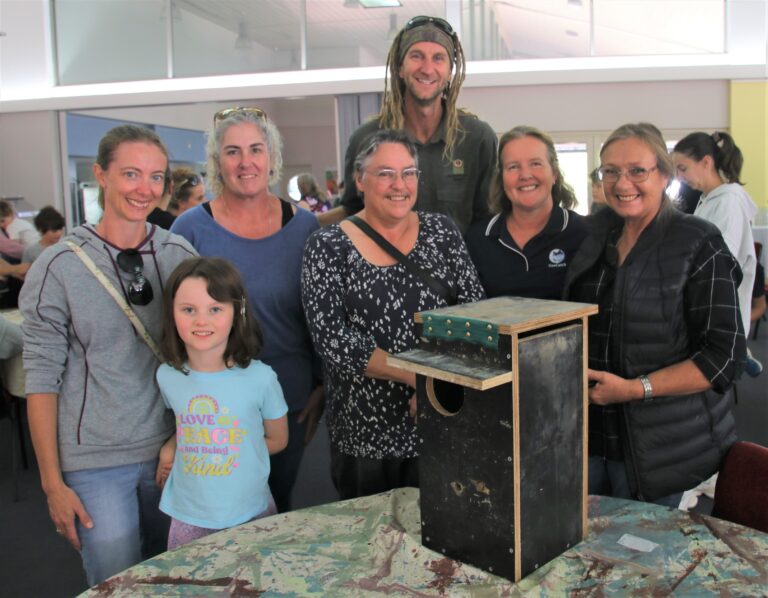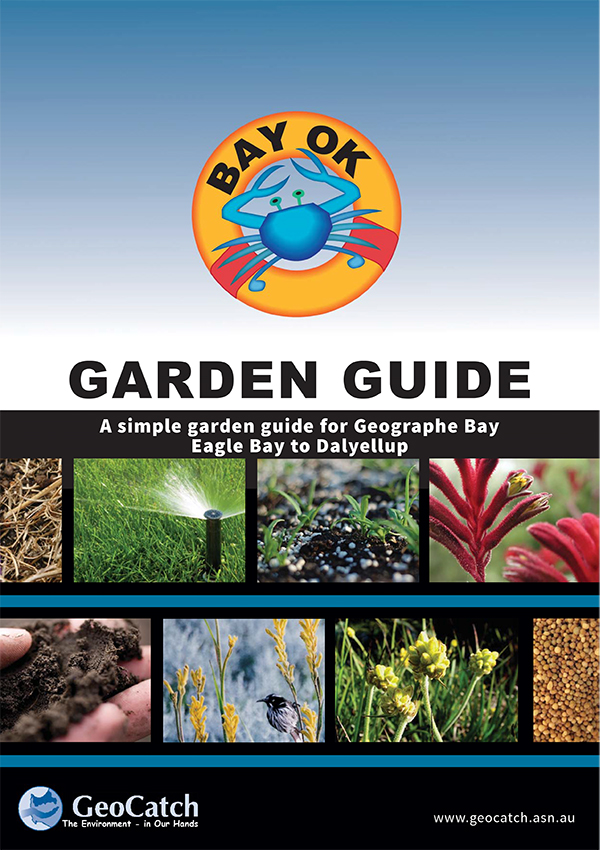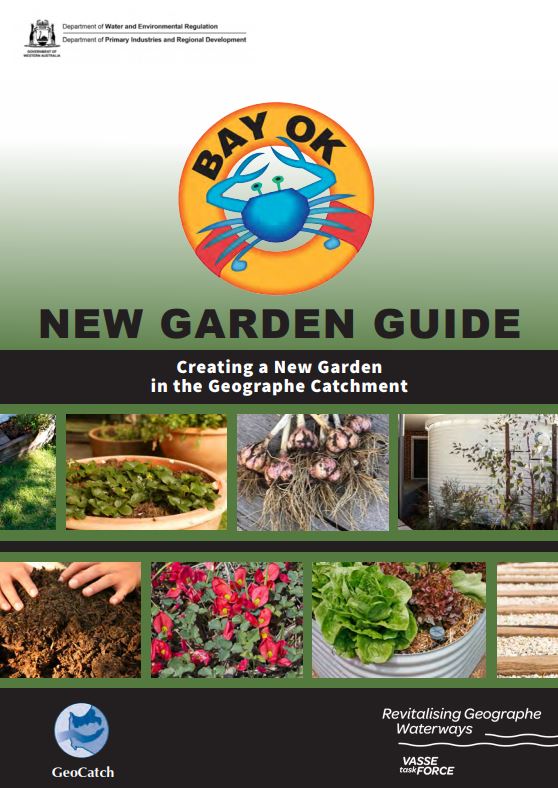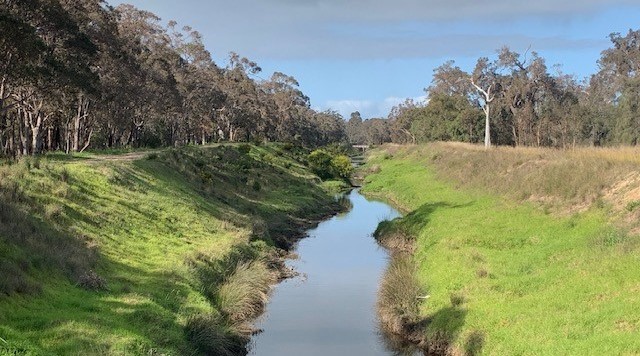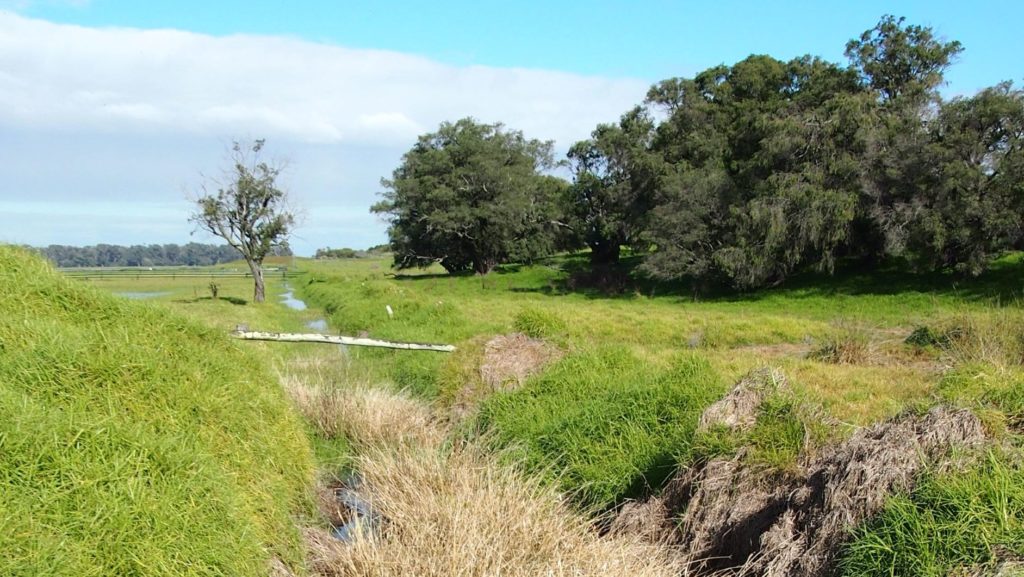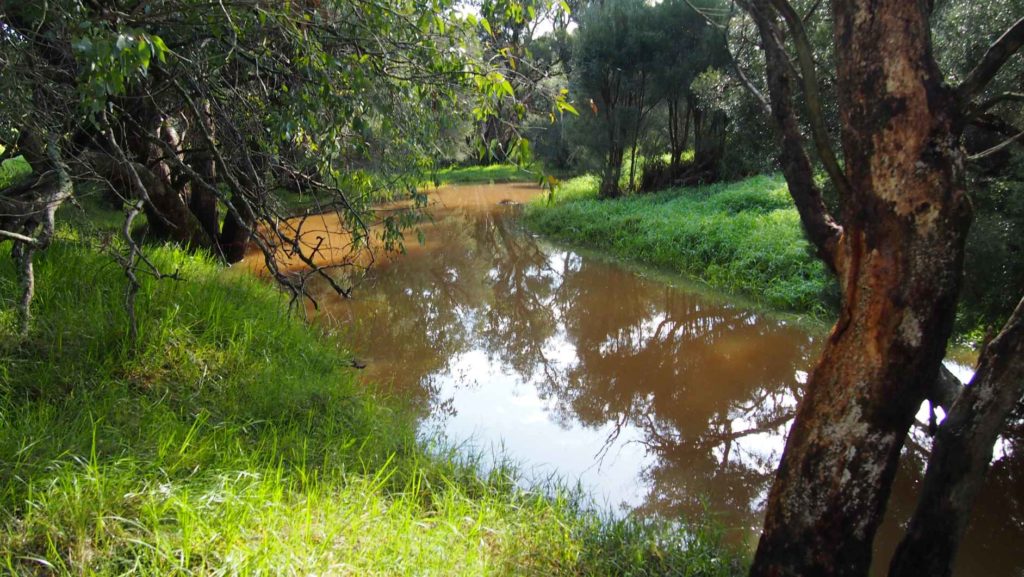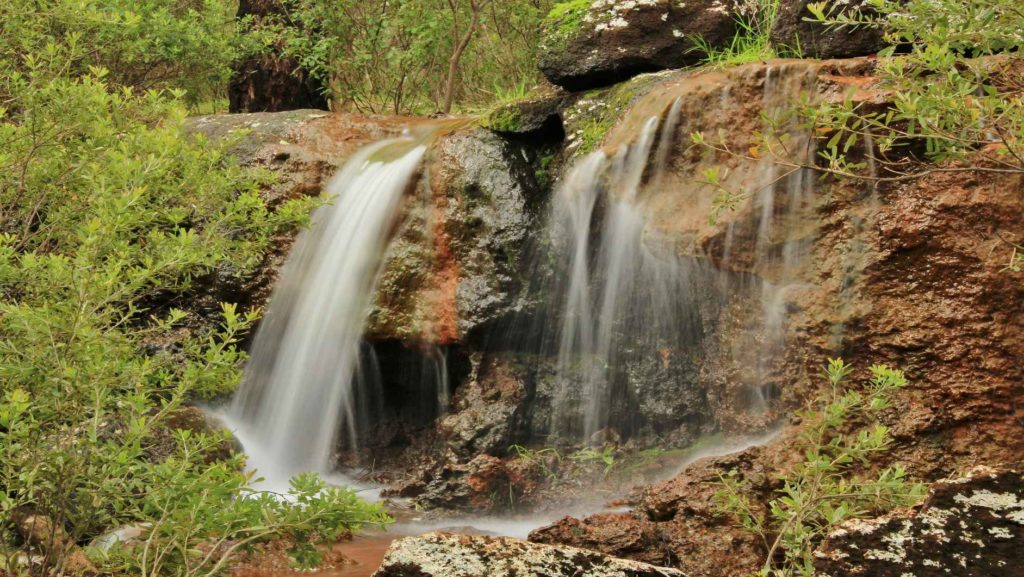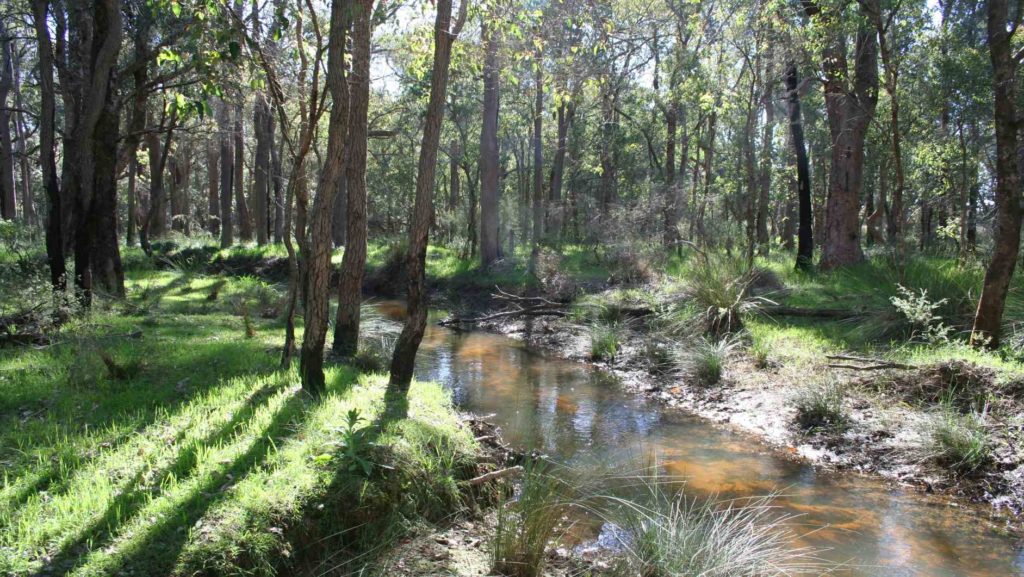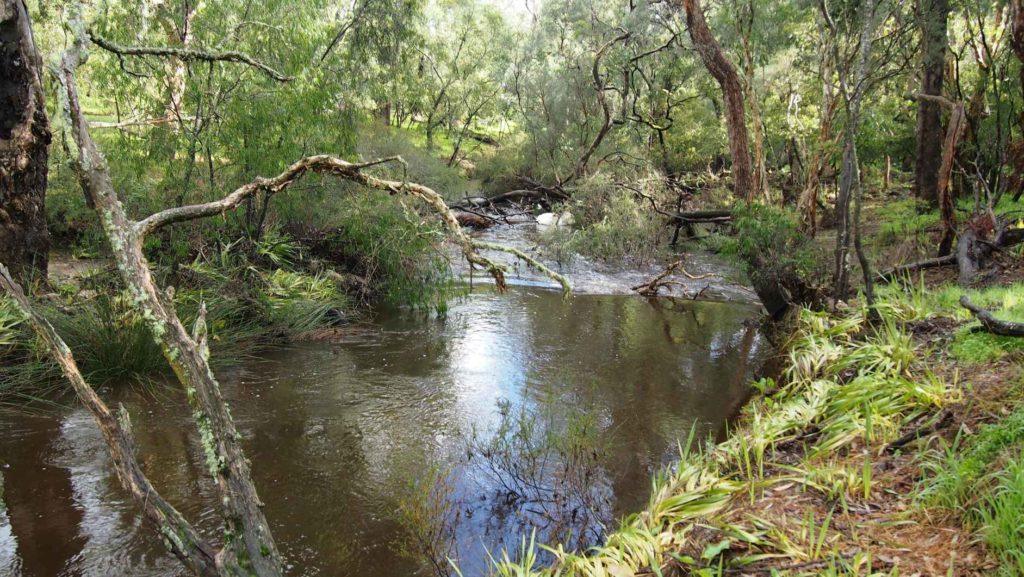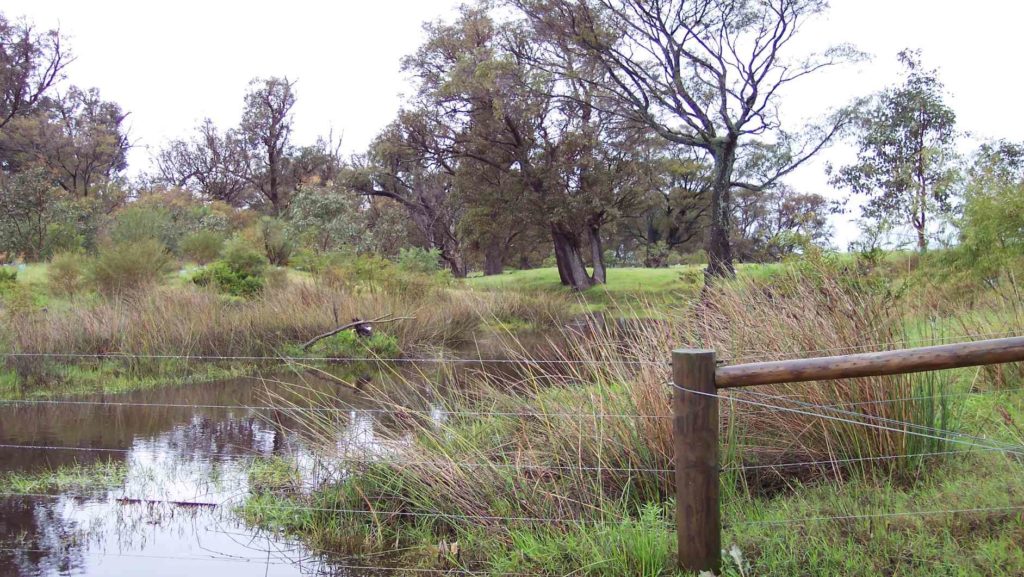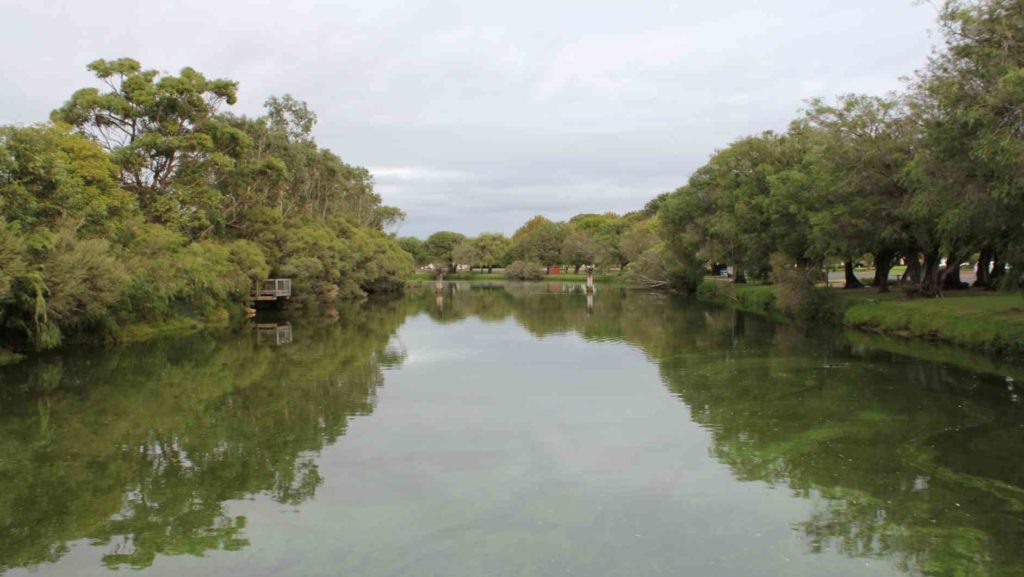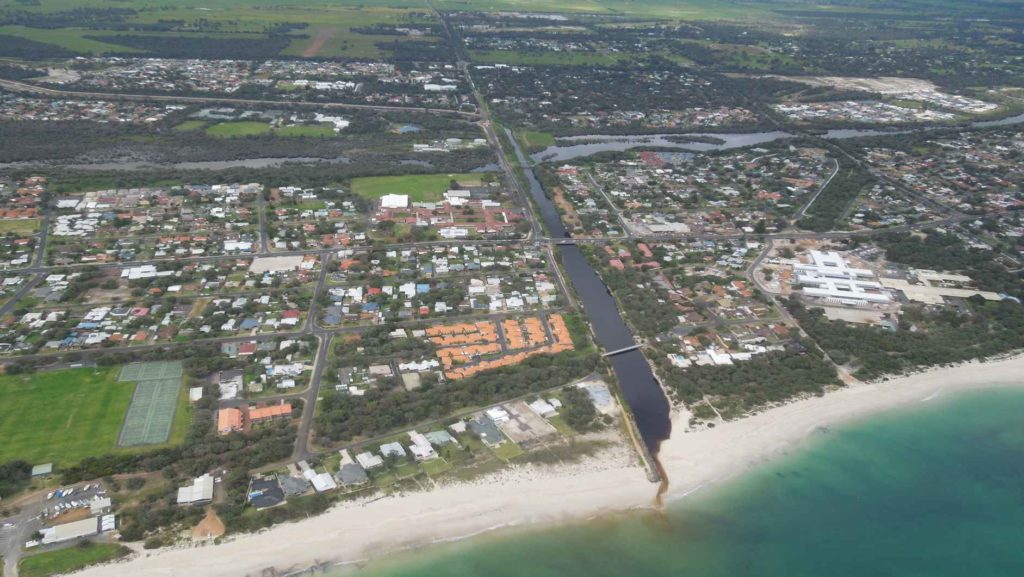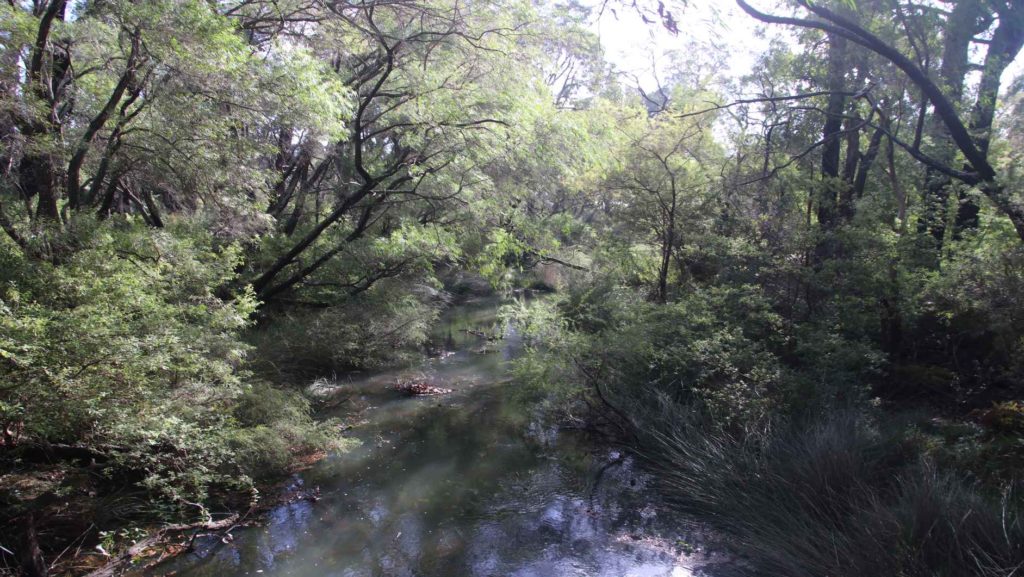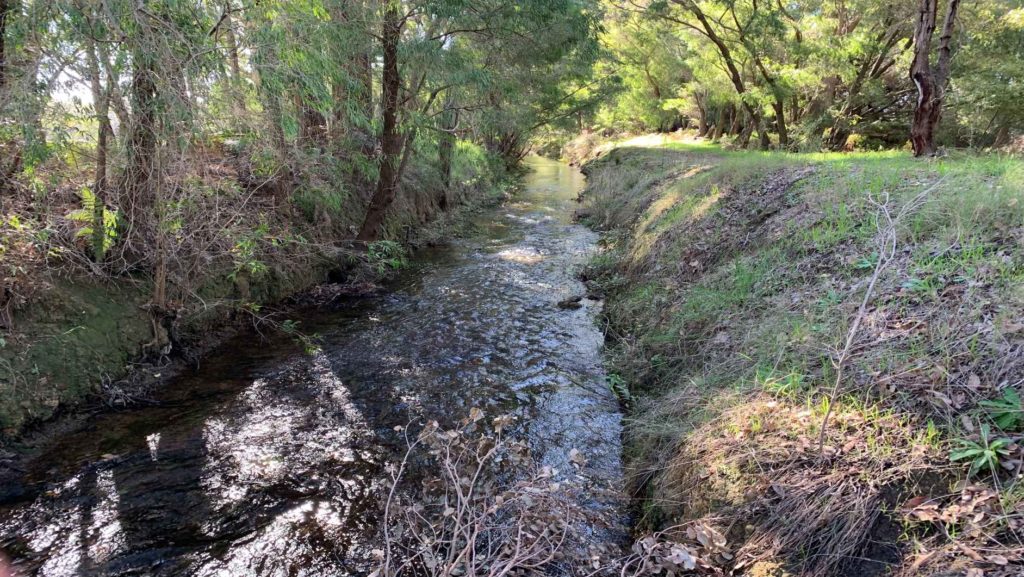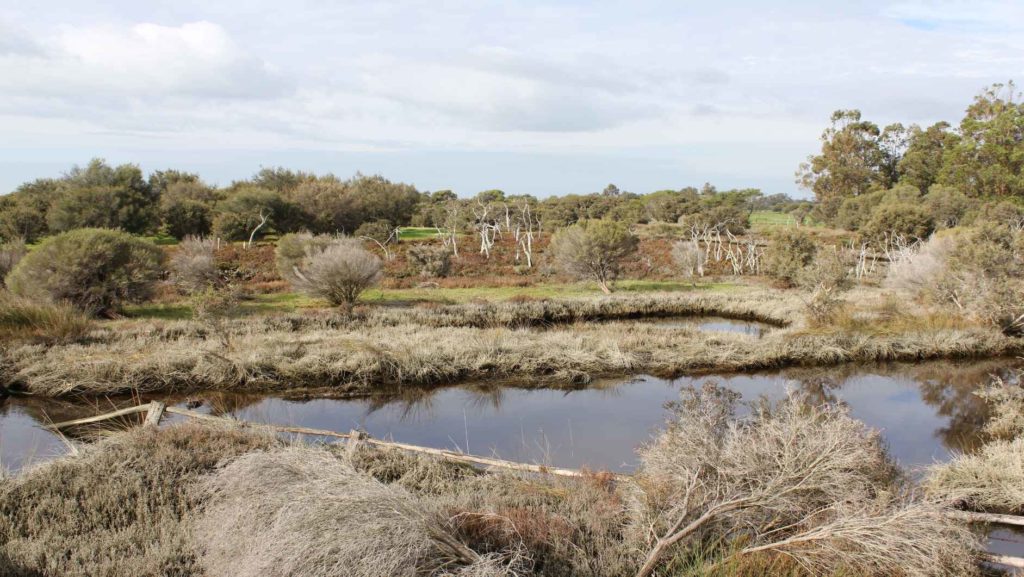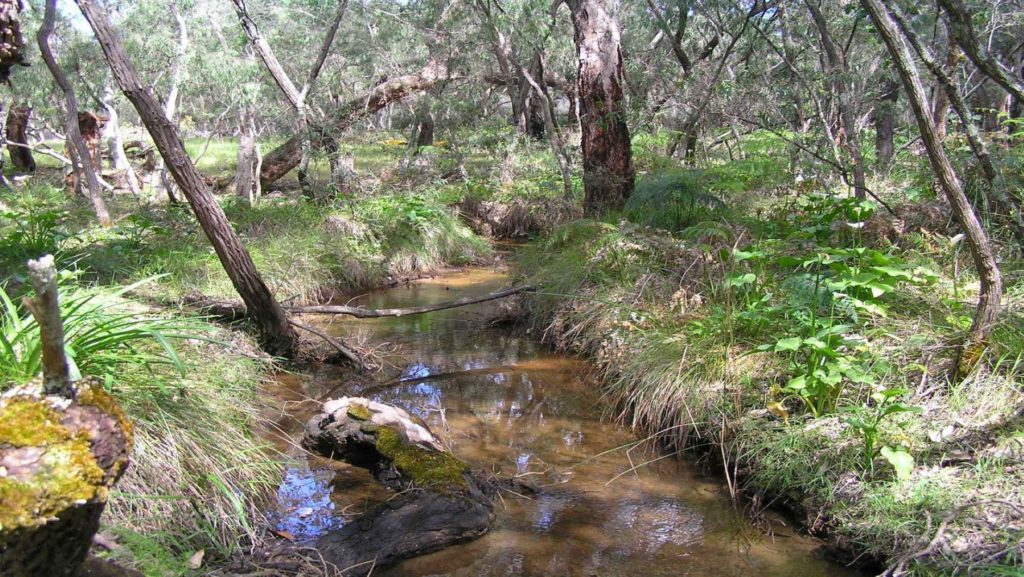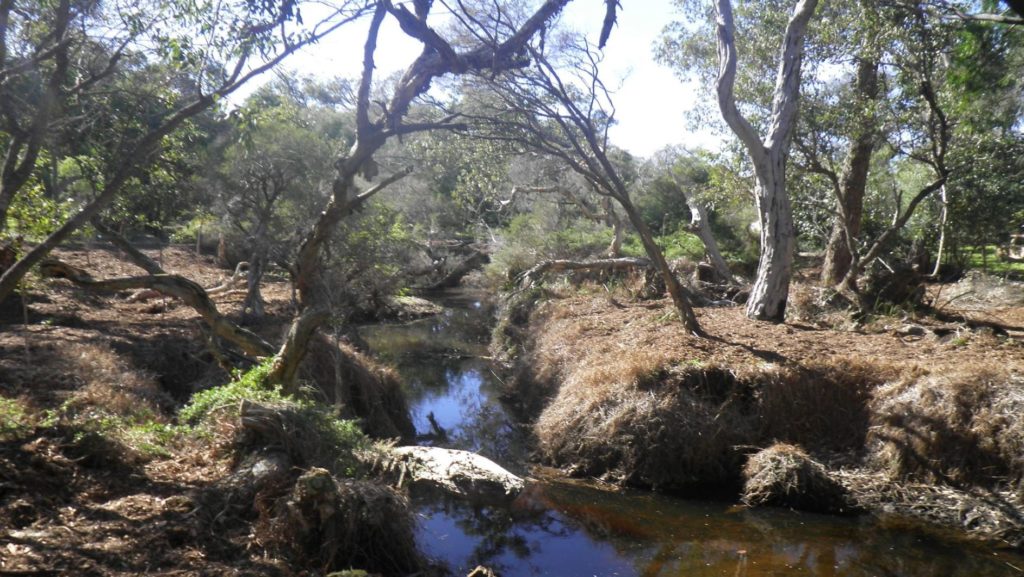Weeds
Weeds
Whether you are retrofitting an existing garden, creating a new garden, or managing rural land, plant selection and weed control is very important to ensure that weeds do not spread to our precious reserves and bushland areas.
Weeds are invading our region’s bushland areas and are a threat to their environmental value and the unique biodiversity of the Geographe region. This resource will help you identify significant environmental weed species that are particularly harmful to our natural areas and give tips on removing them.
Many of the weeds threatening our bushland are escaped garden plants. You can help conserve our natural areas by planting local native plants instead of weeds or other introduced plants.
What can you do to help?
Weeds are spread by wind, water, animals and inappropriate disposal of unwanted plant material. Seeds are easily transported on dirty vehicles, tyres, boots and clothing. Here is how you can help:
- Prevention is the most effective method of weed control. If you already have weeds growing, correct identification and a planned method of control is vital to halt their spread.
- Ongoing monitoring and maintenance is required to prevent re-establishment of weeds.
- Unwanted plant material should be disposed of by composting or taking to landfill.
- If you have arum lilies on your property, consider joining the Arum Lily Blitz: an annual eradication program run by Nature Conservation Margaret River Region.
- Plant native plant species that require less watering and particularly avoid species that can become weeds (natives from other states or exotic species)
- Dispose of your garden greens (lawn clippings, prunings, and weeds) responsibly. You can mulch or compost them to reuse as soil conditioners to improve your soil.
- If you can not compost your weeds, place them in your household bin or use a garden bin service.
Weeds and our wetlands
Weeds are a serious threat to wetlands. Weeds compete for space, nutrients and water in areas where native plant species occur. Weed invasion also raises fire risk as a result of increased fuel loads.
The spread of weeds in urban wetlands is closely linked to dumping of garden refuse and garden escapees (where exotic garden varieties ‘escape’ into wetlands by seed dispersal or vegetative growth).
Some aquatic species also very quickly become serious environmental weeds and alter the aquatic habitats that native wildlife depend on.
How to report a weed in the Geographe Catchment (or anywhere in Western Australia)
Click here to report a weed using MyPestGuide® Reporter.
Photo credits
Download Southern weeds and their control
Download Woody Weeds of the Cape Naturaliste to Cape Leeuwin Region
Download Weed it Out! For residents in the Shire of Capel and landowners in the South West
Download Weed Wattles: Acacia Species


